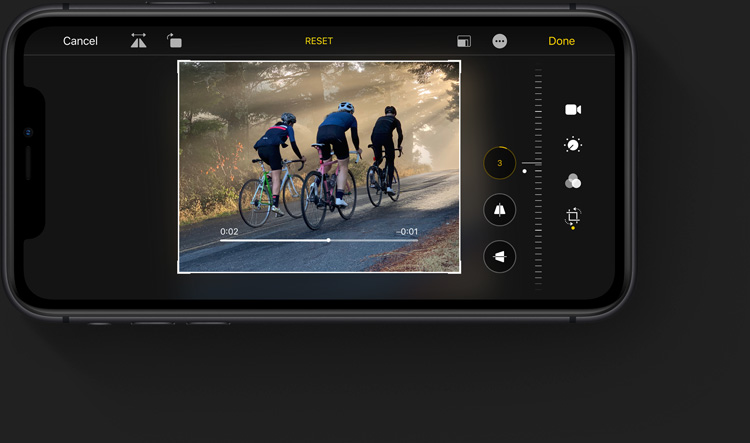
The OS that shipped with the iPhone 11 is a buggy mess. The many problems that users have been complaining about since the update. Apple's frantic attempt to fix bugs brought us to a quick 13.2 release, just a month after 13.0.
iOS 13's most disruptive bug closes background apps frequently. In this major memory management issue, switching apps leads to app resets. This issue caused many users to lose progress when switching apps, leading to a lot of frustration on Apple's support forums.
Affected users can't watch Youtube, switch to another app, and go back to where they left off on the video. Frequently, the app would refresh, either returning them to the homepage or restarting the video from the start.
Some users have also reported that they've lost email drafts just because they switched to Spotify or their camera.
For the iPhone 11, the problem could be traced to the phone's new camera. The improved camera requires more memory in processing shots, which could cause the iPhone to prioritize it over other apps. Moving memory prioritization from one app to another could lead to background apps being killed to make space for the foreground app.
However, the problem exists even outside the iPhone 11, with older models also experiencing the same issue. This suggests that the bug may be deeply rooted in the iOS 13. So far, even with two iterations out for the new OS, the problem persists, causing frustration for users everywhere.
No time to debug
OS updates are supposed to fix old issues and introduce new features. However, the development team responsible for iOS 13 may have bitten more than they could chew.
There's a lot of new features that Apple promised to bring with the update. These features do improve the iPhone experience and are welcome additions to the OS.
But the list may have been just too long for the short window that the dev team had to work with. With too many new features to work on, the developers have less time to debug problems and fix old bugs.
The Apple management focuses too much on new features that they haphazardly promise to users. The developers are left with no choice but to deliver the new features at the expense of optimization.
Not to mention that Apple's expansive library of products introduced way too many operating systems for the company to manage. Developers have way too many things to work on at the same time that there's just no time allotted for reaching perfection.
Regression from iOS 12
The iOS 12 was a breath of fresh air for iOS users. Realizing that they're shoveling in too many features at too quick a pace, Apple decided to go back to basics and focus on improving their product.
Thus, developers were able to perfect the software, and iOS 12 became one of the most polished operating systems in Apple's recent history.
But this success seemed to go over Apple's head, as they return to old habits and undermine the changes they've made. Promising way too many new features again, the iOS 13 falters, and the users suffer.
Not wanting to miss deadlines, Apple's products end up arriving unpolished.
Apple should realize that perfection takes time, and setting a strict schedule without easing up workload would only lead to disappointment. And what a disappointment the iOS 13 has been so far.








